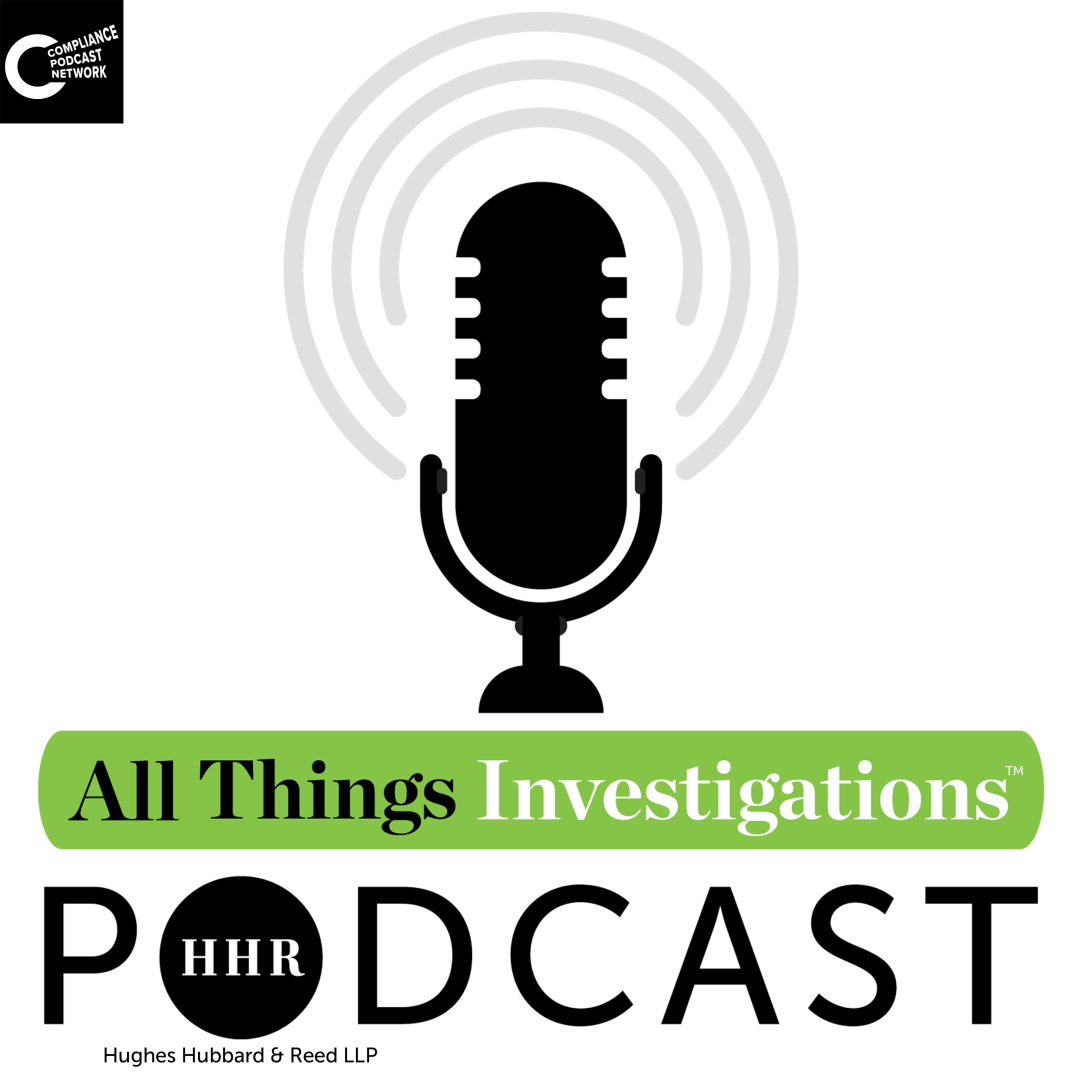I recently had the opportunity to visit with, Chris Mason, VP Global Compliance & Investigations at Infortal Worldwide and Dr. Ian Oxnevad, Director, Geopolitical Risk at Infortal Worldwide for a sponsor podcast on Infortal Worldwide’s Geopolitical Risk Intelligence 2023 Outlook. Over this blogpost series we consider business intelligence, ESG intelligence, corruption intelligence, sanctions intelligence and supply chain intelligence. In today’s post, I will visit with Chris Mason, a veteran of the Department of Homeland Security as we consider the need for a business intelligence strategy.
Having a successful business intelligence strategy is essential to remain competitive in today’s market. It is important to have key components to ensure that the strategy is effective and efficient. The key components of a successful business intelligence strategy include data gathering, data analysis, data reporting, and data visualization.
Data gathering involves collecting data from various sources and storing them in a centralized repository. Data analysis then takes place to identify patterns, trends, and correlations in the data. Data reporting is then used to provide insights and recommendations on how to improve the efficiency and effectiveness of the business. Finally, data visualization helps to clearly present the analysis results to stakeholders and decision makers. With these key components in place, businesses can make informed decisions that align with their overall objectives.
Here are steps to follow:
- Collecting information from all of the different resources that are available (deep web, dark web, social media, etc.)
- Analyzing the risk profile of individuals that one plans to engage in business with or bring into a company.
- Weaving together a full holistic view of the profile of the individuals and companies involved with the deal.
Collecting information.
Collecting information from all the different resources that are available (deep web, dark web, social media, etc.) is an important first step to gathering risk intelligence from a geopolitical basis. The approach that Infortal takes is an open source, intelligence-based approach to analyzing the risk profile of individuals or new companies. This includes collecting information from the deep web, dark web, social media, litigation, criminal background, and potential sources. This data should be woven together to form a holistic view of the profile of the individuals and companies involved with the deal. The process of finding this information is complex and requires the use of tools and techniques to gain access to the information on the deep web, which is not indexed by search engines. This type of due diligence can help to save a business from making a mistake and prevent them from entering a deal with a company or individual that has a high-risk profile.
In addition to using the deep web and dark web to gather risk intelligence, Infortal also uses open-source intelligence (OSINT) to gain access to data. OSINT is a form of intelligence gathering that involves collecting publicly available data from various sources, such as news articles, social media posts, and other publicly available sources. OSINT can provide a wealth of information about a company, its operations, and its people, allowing Infortal to develop a more detailed risk profile. By combining OSINT with the data gathered from the deep web and dark web, Infortal can provide risk intelligence to companies and individuals that are looking to enter a transaction.
By combining the use of deep web and dark web data with open-source intelligence, Infortal can provide a comprehensive view of the risk involved in any deal. This helps to ensure that businesses and individuals can make informed decisions and can help them to avoid getting involved in any potentially damaging deals.
Analyzing the risk profile.
Analyzing the risk profile of individuals that one plans to engage in business with or bring into a company is one of the most important steps in business intelligence. This process involves collecting information from various sources such as the deep web, dark web, social media, litigation records, and criminal backgrounds. This type of research provides a holistic view of the track record and history of the individuals and companies involved with the deal. It is important to note that simply doing straightforward background checks or relying on gut feeling is not enough and companies must go deeper to get a better understanding of who they are dealing with. To do this, businesses must use open-source intelligence-based approaches to gather the necessary information. This type of due diligence can help to uncover any potential risks that may arise in the future and can help to establish trust between the parties involved. It can also provide assurance that the parties involved are trustworthy and can help to bring them together to make the deal.
By taking the time to analyze the risk profile of the individuals and companies involved in a business deal, businesses can take proactive steps to protect their investments. This includes taking measures to ensure that the parties involved have adequate legal and financial resources to complete their obligations and that they have a track record of successful business dealings. Additionally, it can also help to identify any potential conflicts of interest that could arise in the future. For example, if a party has a history of being involved in legal disputes, it is important to take the necessary actions to ensure that the deal does not create a conflict of interest. With a thorough risk profile analysis, businesses can make informed decisions about who they decide to work with and ensure that their investments are secure.
Weaving together a full holistic view.
To weave together a full holistic view of the profile of the individuals and companies involved with the deal, Infortal takes an open source, intelligence-based approach to collecting information from various sources. These sources include the deep web, dark web, social media, litigation, and criminal background checks. By utilizing all of these resources, you can gain a comprehensive understanding of the situation and identify any potential risks that could impact the deal. Additionally, it will provide assurance to parties involved in the deal that they can trust who they are doing business with. In the M&A space, this type of due diligence can bring parties closer together and provide an understanding of the true customer base of the company. Finally, you should obtain guidance on how to assess a company’s sanctions exposure and build a plan to mitigate potential risks.
You should also utilize predictive analytics services to help your organization predict stakeholder behavior. This helps companies to make more informed decisions when it comes to product design, pricing, and promotions. Additionally, predictive analytics can help companies identify new opportunities and customer segments that they may have otherwise overlooked. By leveraging the data and insights from such, organizations can gain an edge in the competitive M&A space.
In this blog post, we considered the key components of a successful business intelligence strategy. By gaining access to open-source intelligence, businesses can protect themselves from costly mistakes and ensure that they are complying with all regulations. You must understand the importance of who you are dealing with, the effects of sanctions on businesses, and how to assess a company’s sanctions exposure. You can now build a winning business intelligence strategy that takes all these factors into account. Take control of your risk mitigation and unlock the key to success!
Join us tomorrow where we take up ESG Intelligence.
Check out Chris on the Riskology by Infortal podcast here.









